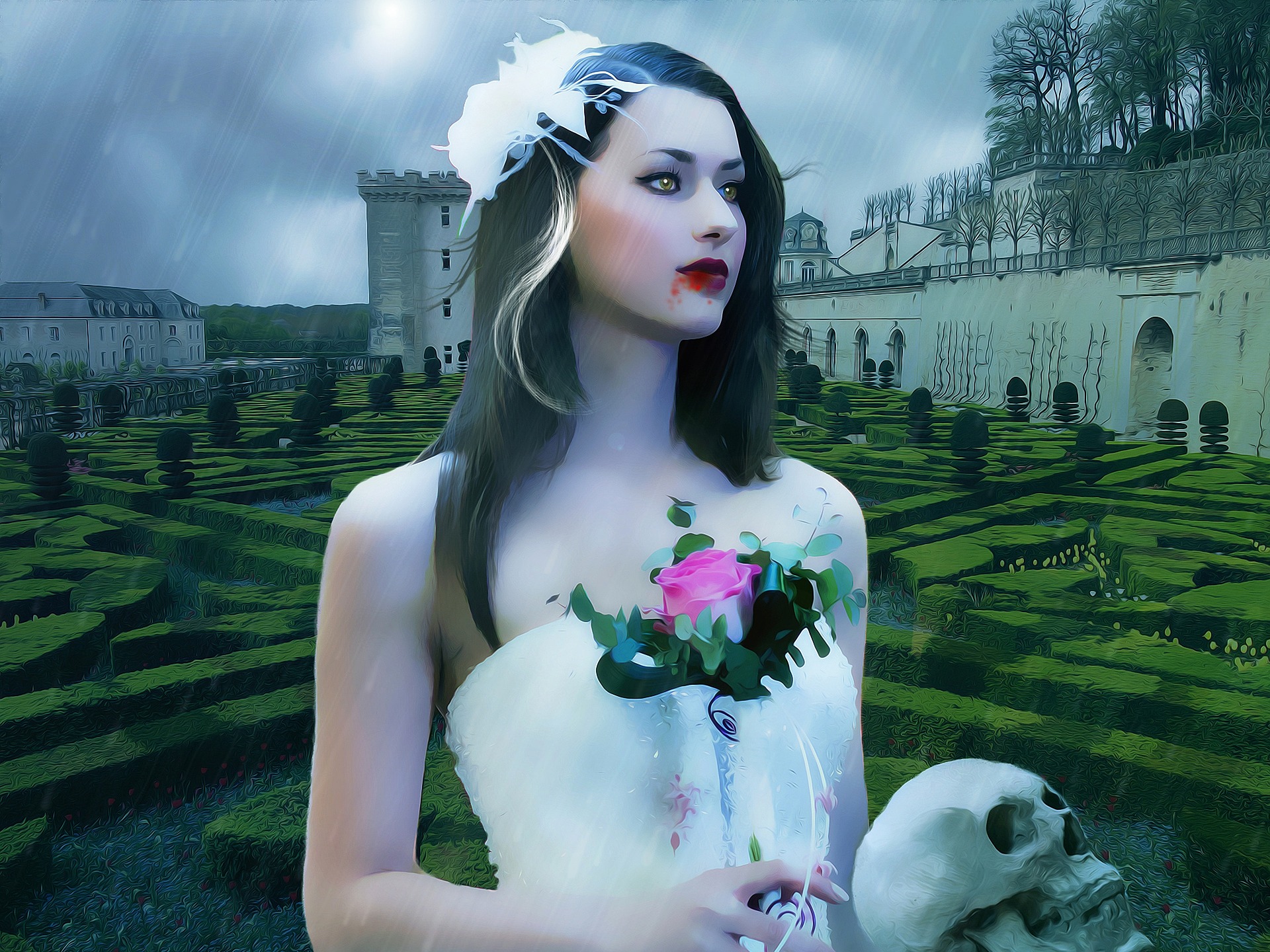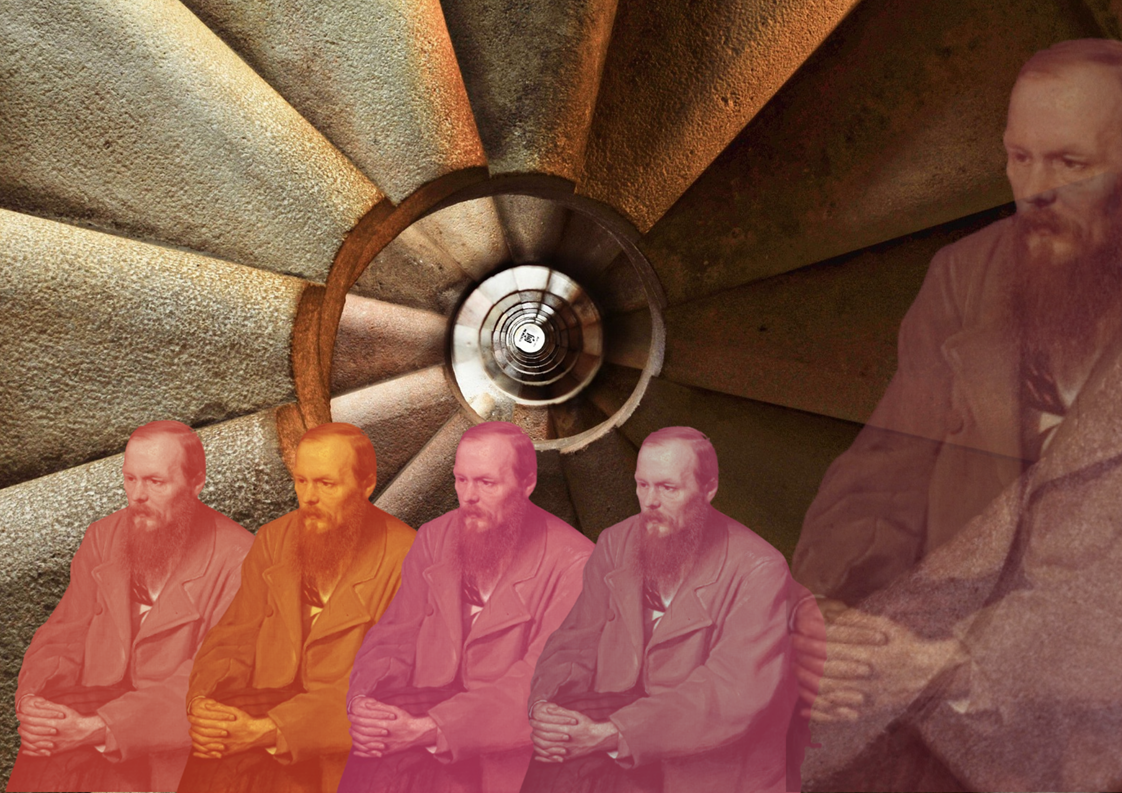The Harry Potter series, a literary phenomenon, transcends its fantasy genre to offer a profound meditation on one of humanity’s oldest and most universal concerns: death. J.K. Rowling doesn’t merely use death as a plot device; she intricately weaves it into the very fabric of the narrative, transforming it into a philosophical exploration of mortality, sacrifice, and the true essence of living. This article delves into how Harry Potter treats death and resurrection not just as magical occurrences, but as potent philosophical symbols that compel readers to confront the great equalizer, death – with courage, wisdom, and even a touch of magic.
Death as an Inescapable Reality: Confronting the Great Equalizer
From the poignant opening of Philosopher’s Stone, where we learn of Harry’s parents’ tragic murder, death casts its indelible shadow over the wizarding world. Unlike many fantasy tales that seek to conquer or ignore death, Rowling’s narrative steadfastly emphasizes its acceptance. This fundamental theme is encapsulated in Albus Dumbledore’s iconic wisdom: “To the well-organized mind, death is but the next great adventure.” This seemingly simple statement, delivered with characteristic warmth, reframes death not as a fearsome adversary, but as a natural, perhaps even necessary, transition. It sets a profound philosophical tone for the entire series, suggesting that our approach to death, whether with fear, denial, or peace ultimately defines our humanity.
The stark antithesis to this acceptance is embodied by Lord Voldemort. His pathological fear of death drives him to commit unspeakable acts, fracturing his soul into Horcruxes in a grotesque and unnatural quest for immortality. This desperate refusal to acknowledge mortality corrupts him utterly, transforming him into a mere shadow of a man. While he achieves a semblance of eternal life, he simultaneously loses everything that made him human – empathy, connection, and ultimately, his sanity. Voldemort’s journey serves as a chilling cautionary tale: the pursuit of immortality at any cost leads to spiritual decay long before physical demise.
The Deathly Hallows: Paths to Mortality and Power
The introduction of the Deathly Hallows in The Deathly Hallows further enriches the series’ philosophical discourse on mortality. These three legendary artifacts, the Elder Wand, the Resurrection Stone, and the Cloak of Invisibility symbolize humanity’s complex and often contradictory relationship with death:
- The Elder Wand epitomizes the desire to conquer death through sheer power and brute force. It represents the hubris of those who believe they can dominate destiny.
- The Resurrection Stone offers a tantalizing, yet ultimately bittersweet, illusion of overcoming death by summoning spectral echoes of the departed. It blurs the line between life and afterlife, highlighting the pain of lingering attachment.
- The Cloak of Invisibility stands apart, symbolizing the wisdom of evading death not through confrontation or deceit, but through humble acceptance and quiet grace.
Harry’s ultimate choice to embrace the Cloak and reject the other two Hallows underscores the series’ core message: true mastery over death isn’t about control or defiance, but about understanding and accepting its place in the natural order. His decision reflects a profound maturity, demonstrating that death cannot be overcome by force or denial, but only accepted with a serene wisdom.
Voldemort’s Immortality: A Curse Disguised as a Blessing
Voldemort’s desperate quest for immortality through Horcruxes is the series’ darkest cautionary tale. As Dumbledore sagely explains in The Half-Blood Prince, “He took great pains to split his soul. But the process damages the soul. The fragments grow unstable, and it’s impossible to be fully sane when you have committed such a crime.” Voldemort’s immortality, therefore, is not a triumph but a profound curse. It strips him of his capacity for love, connection, and ultimately, his very humanity. His story serves as a stark warning: the relentless pursuit of eternal life, devoid of ethical considerations and human connection, results in a living death far more terrifying than any physical end.
Harry’s Self-Sacrifice: A Resurrection Born of Love
The philosophical pinnacle of the series is undoubtedly Harry’s own “death” in The Deathly Hallows. When he willingly walks into Voldemort’s killing curse in the Forbidden Forest, it is not an act of despair, but one of immense courage, profound love, and conscious sacrifice. In the ethereal, liminal space between life and death, Harry encounters Dumbledore’s spirit – a symbolic resurrection that echoes ancient religious and mythological traditions where death is a gateway to profound transformation and renewal.
Harry’s ultimate sacrifice is a powerful counterpoint to Voldemort’s fear-driven immortality. It demonstrates that embracing death for the greater good, fueled by unconditional love, transcends death’s perceived finality. As Rowling herself powerfully conveys, “Do not pity the dead, Harry. Pity the living, and, above all those who live without love.” This quote encapsulates the series’ core belief: true life is found in connection and love, not in avoiding death.
Philosophical and Mythological Echoes: A Tapestry of Meaning
Rowling’s narrative is rich with philosophical and mythological underpinnings. Harry’s willingness to sacrifice himself to save others strongly evokes Christ-like imagery of selflessness and ultimate resurrection. His journey also mirrors the classic “hero’s journey” motif, where a protagonist confronts death, descends into darkness, and emerges transformed, embodying themes of renewal and spiritual rebirth. This intricate blending of Christian symbolism with universal mythic structures deepens the story’s philosophical resonance and its broad appeal across diverse cultures. The choices made by characters, particularly Harry and Voldemort, can also be viewed through an existentialist lens, highlighting the freedom and responsibility individuals have in defining their own meaning in the face of an inescapable end.
Death as a Catalyst for Growth: The Ultimate Teacher
Beyond the grand, climactic moments, death in Harry Potter functions as a subtle yet potent teacher throughout the series. Characters like Severus Snape and Neville Longbottom, initially defined by their personal losses, grow into figures of immense courage and loyalty precisely because of their encounters with mortality. Snape’s entire life is shaped by the death of Lily Potter, a tragedy that fuels his complex, often contradictory, loyalties and ultimate sacrifices. Similarly, Neville’s quiet bravery blossoms as he learns to embrace the reality of loss and the fragility of life, stepping up to challenges he once feared.
The series consistently suggests that an awareness of death imbues life with profound meaning and urgency. Much like the ancient Greek philosopher Epicurus argued that the fear of death is often more debilitating than death itself, Harry’s story invites us to live fully, courageously, and with profound purpose, rather than being paralyzed by the spectre of our inevitable end.
Conclusion: The True Magic of Mortality
In the richly imagined wizarding world of Harry Potter, death is far more than a mere cessation of life; it is a profound teacher, a transformative force, and a symbolic thread woven deeply into the narrative’s very fabric. Through the varied responses of its characters to their own mortality, J.K. Rowling masterfully invites readers to confront their deepest fears and hopes about death.
Whether it’s through Voldemort’s terrifying and ultimately self-defeating quest for immortality, Harry’s profoundly self-sacrificial resurrection, or Dumbledore’s serene acceptance of his own end, the series offers a rich philosophical meditation that resonates far beyond the enchanting pages of fantasy. In a world often obsessed with the elusive dream of living forever, Harry Potter serves as a powerful and timeless reminder: it is in accepting our mortality – and the enduring love that transcends it – that we ultimately discover the truest, most potent kind of magic.



